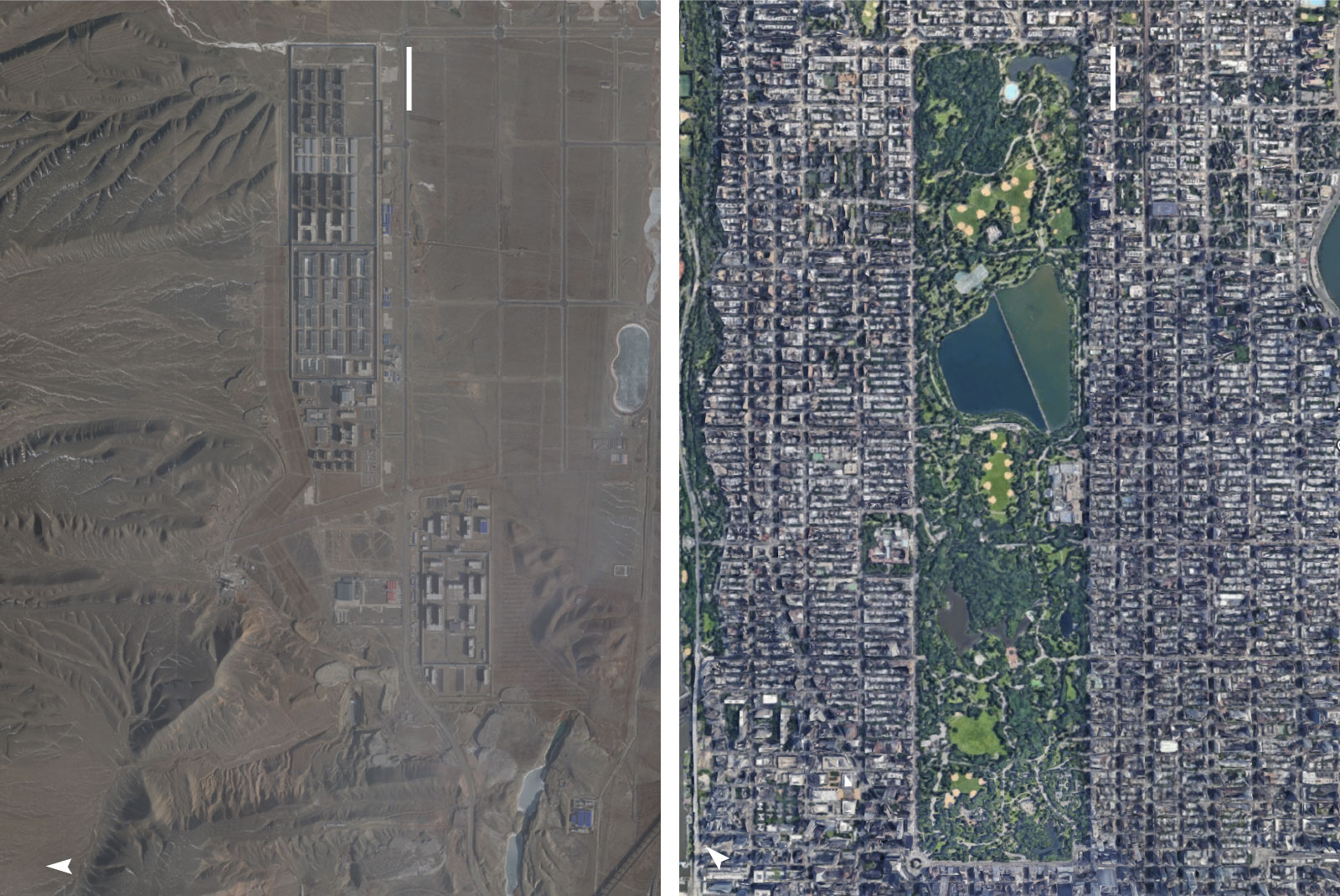
“The internment and assimilation program in Xinjiang has the overall logic of colonial genocides in North America, the formalized racism of apartheid, the industrial-scale internment of Germany’s concentration camps, and the police-state penetration into everyday life of North Korea,” said Rian Thum, a scholar of the history of Islam in China at the University of Nottingham.
The campaign has done deep damage to many Muslim minority groups — but especially Uighurs, who are by far the most populous ethnic minority group in Xinjiang and do not have ties to any other country. The Chinese government has heavily penalized expressions of Turkic minority culture, from Kazakh- and Uighur-language education to the practice of Islam outside of state-controlled mosques. This, combined with forced sterilizations, has led some critics to say that the campaign qualifies as genocide under international law. The Trump administration is reportedly discussing whether to formally call it a genocide, and a spokesperson for Joe Biden, the Democratic nominee for president, said on Tuesday that Biden supports the label.
“These are peaceful people in concentration camps,” said Abduweli Ayup, a Uighur linguist who was jailed and later exiled from Xinjiang after opening kindergartens that taught Uighur children in their own language. “They are businessmen and scholars and engineers. They are our musicians. They are doctors. They are shopkeepers, restaurant owners, teachers who used Uighur textbooks.


